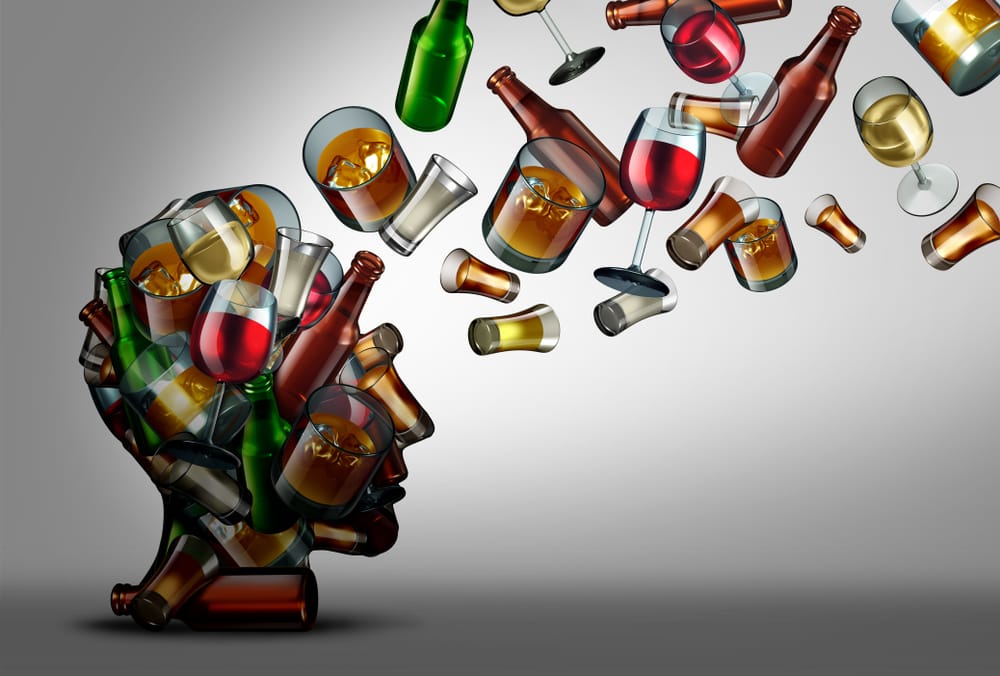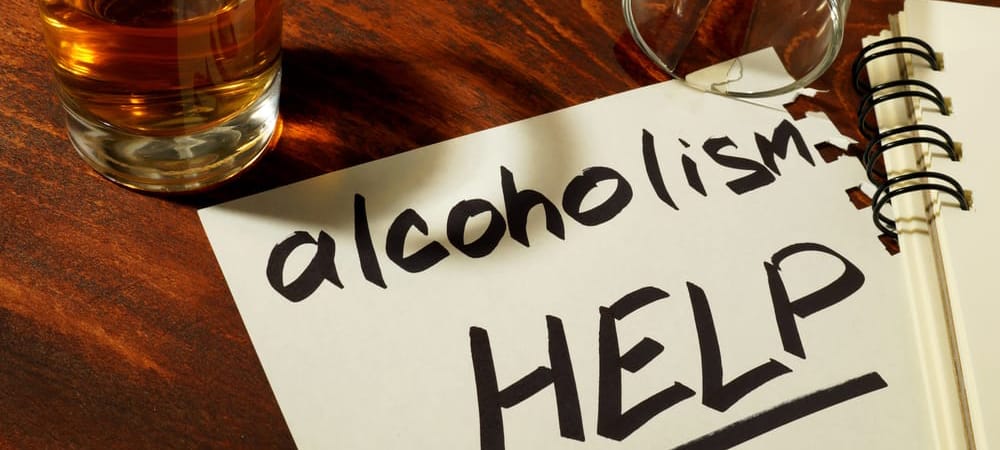
How much alcohol is too much?
In January, Health Canada, in conjunction with the Canadian Centre on Substance Use and Addiction, released new guidelines on alcohol consumption. They state that not drinking alcohol at all is best, it leads to better health and better sleep.
For those who do drink, the suggestion is anything beyond two (standard) glasses per week is too many for good health. Over three drinks a week raises the chances of contracting several forms of cancer, and over six increases the risk of strokes and heart disease.

This is quite a change from Canada’s previous Low-Risk Alcohol Drinking Guidelines, released in 2011, which were much closer to the current recommendations published by the UK’s National Health Service (NHS), which advise drinking no more than 14 units of alcohol a week, spread across 3 days or more.
Health Canada say that they are not there to police people’s drinking but want to present the public with all the facts, so they are able to make their own informed decisions and consider reducing their alcohol use. The guidance also suggests policy changes that could help lower intake levels, and include stricter rules on advertising, health warnings, and a reduction in availability.

They are not the first country to issue similar advice, in 2015 the Dutch Health Council recommended: “Don’t drink alcohol or drink no more than one glass daily”. The USA’s Centre for Disease Control (CDC) says “Drinking too much can harm your health”, the NHS guidelines assert that there is no “safe” drinking level, and how can there be? Everyone is different, so there can’t be a standard measure, there is only low risk drinking advice.
Any excessive or risky use of alcohol can be damaging to your health… as well as your pocket, your career, your love life, and your friendships.

How do you know if you are drinking too much?
Everyone drinks differently, and what may be a problem for some, might be completely normal for others. Though one commonality is the more alcohol you drink the greater your risk of developing health issues, in both the short and long term.
Age, height, weight, and sex are just a few of the factors that can impact how alcohol affects you. What you have eaten, how much sleep you have had, and what emotional state you are in, can all make a difference to how you will react to alcohol on any given day, and how you will feel when you drink.

People drink for a variety of reasons, to be social with friends, because they enjoy it, to improve their mood and relax, to cope with feelings of stress and anxiety, and to manage pain – both physical and emotional.
The reasons behind someone’s alcohol consumption can have a huge impact on how they drink; how much they drink; how often they drink – and whether they can stop.
If you find you are drinking when you don’t really want to, you feel guilty about how much or when you are, or that you are drinking despite it causing you either physical or emotional problems, then it is a sign there may be a problem.

In addition, any of the following could also be an indicator that you, or someone you love is misusing, or abusing alcohol.
• Drinking larger amounts, or more frequently.
• Failing to keep up with responsibilities at home, or with work.
• Harmful or even dangerous consequences to drinking.
• Struggling to stop or cut back.
• Problems with close relationships due to alcohol.
• Being secretive about amounts drunk or drinking alone.
• Drinking to try and stop feelings.
• Experiencing withdrawal symptoms, tremors, or cravings.

Why don’t you try our self-test here?
It can be difficult to acknowledge that you are drinking too much, or too often. Some see alcohol misuse as a sign of weakness, others assume that those who cannot manage their drinking simply have no self-control or willpower; this is not true, alcoholism is a disease, and it requires treatment.

Treatment for alcohol misuse or problem drinking.
There are different treatment options available, all of which involve connecting with others. Day care courses, out-patient drop-in centres and fellowship meetings such as Alcoholics Anonymous – all offer a protected and secure environment for many. Whether it is a counsellor, a therapist, or another person in the same situation, talking about how you feel can be hugely beneficial and is often a key step in making a positive change.

For some individuals, an inpatient rehab centre may be the best option. Residential rehab gives the individual an opportunity to focus on recovery. It gives their body time to recuperate and their mind a chance to have a break from the everyday stresses and strains of life. Plus, they will learn some healthy coping mechanisms to replace the alcohol that was previously used as a crutch.
A well-established private rehab or specialised addiction centre will have the facilities to offer a supervised medical detox, if required. They will use a combination of therapy models to address any underlying emotional issues and treat co-occurring conditions such as anxiety, depression, or trauma.

Rehab clinic in Spain
Here at our luxury rehabilitation centre, set on the beautiful Spanish island of Ibiza, we have a highly qualified team experienced in a range of therapies for the treatment of alcohol use disorder, drug addiction, prescription medicine dependency, and process addiction. We also treat a variety of mental health disorders, including depression, bipolar, and anxiety.
For any information about the rehab centre, including details on admissions, please contact [email protected]
Share this information, choose your platform!
Substance abuse in veterans
The 25th of June is Armed Forces Day in the U.K. (formerly Veterans’ Day). It is an annual event to commemorate the service of men and women in the British Armed Forces. These individuals, and military personnel worldwide, do amazing …
Why building support systems is key in mental health and addiction recovery.
The phrase, and belief, that “the opposite of addiction is connection,” has been expressed in fellowship meetings, support groups, and encouraged by mental health and addiction specialists for many years. British journalist Johann Hari popularised the saying and highlighted the …
Are you self-medicating with alcohol or drugs?
People use alcohol and drugs for a variety of reasons, to celebrate and to commiserate. Alcohol is a habitual part of many people’s lives. Drinking occasionally and in moderation can add to the enjoyment of an event; or take the …
The impact of addiction on the family
Addiction is a devastating mental health disease that impacts the whole family. Not only do family members have to watch someone they love kill themselves slowly, through drink, drugs, or a behaviour, but the effects are far-reaching as it influences …









